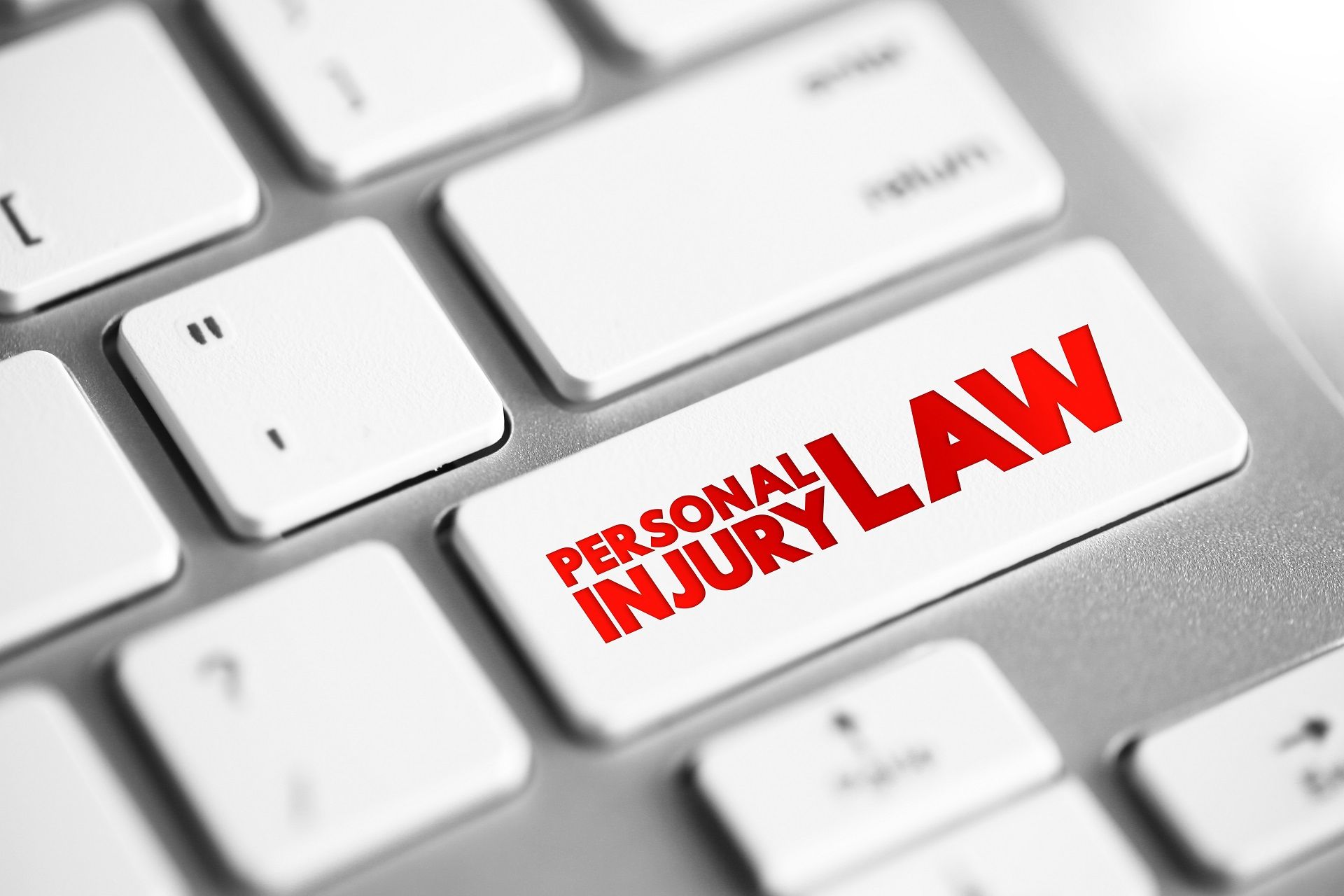Valuing Household Services

Disabling injuries often compromise the injury victim’s ability to work. While an inability to work may support a claim for lost wages and the loss of future earning capacity, an injury victim’s inability to perform household services may also be compensable.
Disabling injuries frequently prevent injury victims from performing common household tasks. Physical injuries may impair the ability to clean the home, make repairs, maintain landscaping, and perform a variety of household chores. Brain injuries may limit the injury victim’s ability to manage household accounts or family investments.
Compensability of Inability to Perform Household Services
States commonly recognize the need to compensate injury victims when an injury impairs their ability to perform household services. A claim related to household services can arise in a variety of contexts. In a personal injury case , the victim typically seeks compensation for the value of labor to perform services that the victim can no longer perform.
The lost value of household services might also be part of a loss of consortium claim brought by a spouse who no longer benefits from services that were provided by the injury victim. The Florida Civil Jury Instructions, for example, recognize the right to recover fair and adequate compensation for any loss suffered because of a spouse’s injury, including loss of services. Court decisions in Florida and other states have long recognized the right to compensation for the lost value of childcare and housekeeping services that an injured spouse had been providing.
Loss of services is a common element of damages in a wrongful death claim. While each state has its own laws governing wrongful death claims, the value of lost services to surviving family members is typically recognized as compensable. A Florida statute, for example, allows recovery of the value of services the decedent had provided around the home, including “ironing, washing dishes, washing clothes, cleaning the house, cleaning the bathrooms, toilets, [and] mopping.”
Some states recognize loss of services as an element of a workers’ compensation claim. In Florida, for example, the cost of medically necessary attendant care may be compensable, but only to the extent that the services are above and beyond those that a family member would usually provide.
Services that May Need Replacement
Valuing the loss of services begins by identifying the services that the injured or deceased victim can no longer perform. Government census data has established a baseline of household services that most people perform. That baseline data provides a checklist to determine the nature of the services performed by individual injury victims. Common examples include:
1. Cleaning, laundry, and housekeeping
2. Shopping
3. Running errands
4. Food preparation
5. Child and elder care
6. Pet care
7. Taking out trash
8. Home maintenance and repairs
9. Yard work and landscaping
10. Vehicle maintenance
In some cases, disabilities prevent an injury victim from managing household finances or investments. Under those circumstances, the value of lost services may include the value of bookkeeping or financial management services.
Accident victims and family members have firsthand information about the kinds of services that injured or deceased accident victims were providing before the accident. Medical evidence helps experts establish which services the injury victim will no longer be able to provide.
Valuing Household Services
All household services that provide a benefit have an economic value. Expert witnesses determine that value by applying a sound methodology to the unique facts of the case.
Expert witnesses at OAS take a team approach to valuing lost services. As noted above, medical experts define the scope of an injury victim’s limitations. Vocational experts use that medical data to determine which household tasks an injury victim can no longer perform without assistance. Forensic economists then compute the value of the lost services.
Vocational Experts
Vocational experts use several techniques to define lost services. They may use a functional capacities checklist to determine which household services an injury victim can or cannot perform, given the functional limitations that have been measured by the victim’s doctors. When the medical evidence is unclear or incomplete, a vocational expert will work with the victim’s doctors to obtain a full evaluation of an injury victim’s physical or mental limitations.
The Dollar Value of a Day, compiled by the U.S. Census Bureau, is another tool that vocational experts may rely upon to determine lost services. That analysis estimates the household production performed by members of various demographic groups.
The vocational expert will need to compare limitations that may have existed before the accident to those that were caused by the accident. Medical records, information supplied by a family or treating physician, and evidence provided by the injury victim and his or her family members provides a foundation for the vocational expert’s opinions.
Forensic Economists
Forensic economists are vital components to the team approach to valuing lost household services. In simple terms, a forensic economist determines the economic value of lost services in the marketplace.
Naturally, the injured or deceased victim provided household services without pay. That does not mean that the services had no value. All work that creates a benefit has economic value, whether not compensation is paid for the work.
Forensic economists may use a variety of approaches to determine the pecuniary value of household services. For example, the opportunity cost method assumes that the value of a service is represented by the market wage that the injury victim could have earned if the victim had not been performing household services in the same time period.
Alternatively, the replacement cost method relies on the market wage of persons who provide comparable services in the labor market. That value is determined by surveying the cost of obtaining those services in the marketplace where the injury victim lives. For example, if the injury victim can no longer cook, the replacement cost method will determine the cost of arranging for a cook to prepare meals or to deliver meals that are prepared outside the home.
Experts decide how to value household services by considering the facts of the case, the nature of the available marketplace for the services, and controlling law in the jurisdiction where the claim is made. Since each case is unique, the experts at OAS tailor their analysis to the precise facts surrounding the injury, the victim’s limitations, and the marketplace in which the victim resides.
RECENT POSTS
CONTACT US
We will get back to you as soon as possible.
Please try again later.
Evaluation Request
Contact Us
We will get back to you as soon as possible.
Please try again later.
Contact
Contact Us
We will get back to you as soon as possible.
Please try again later.
All Rights Reserved.
This website is managed by Oamii.







